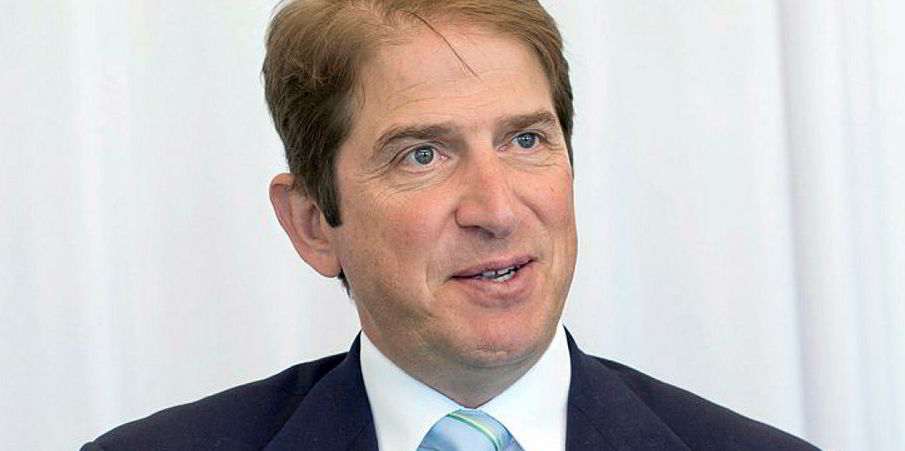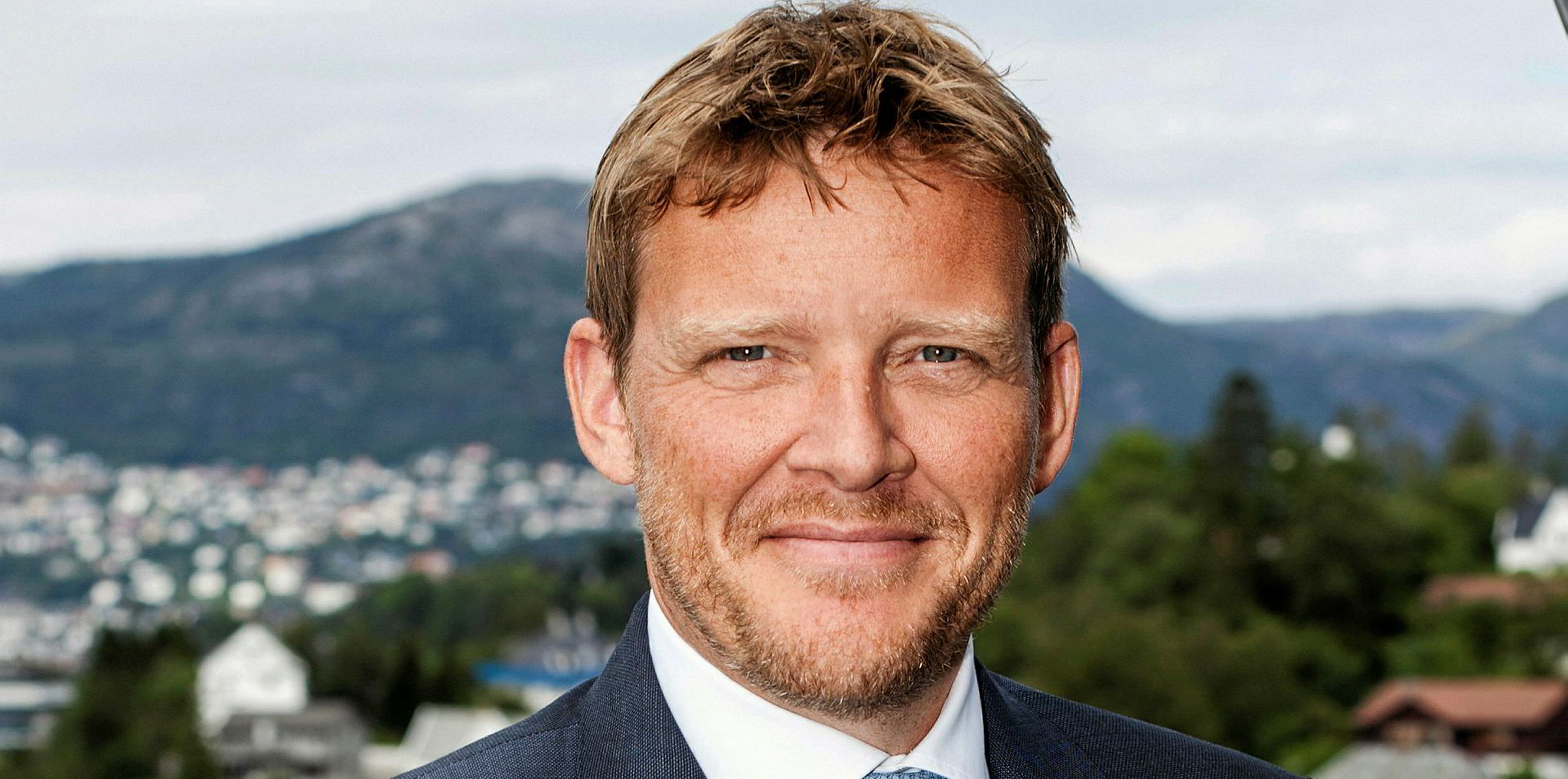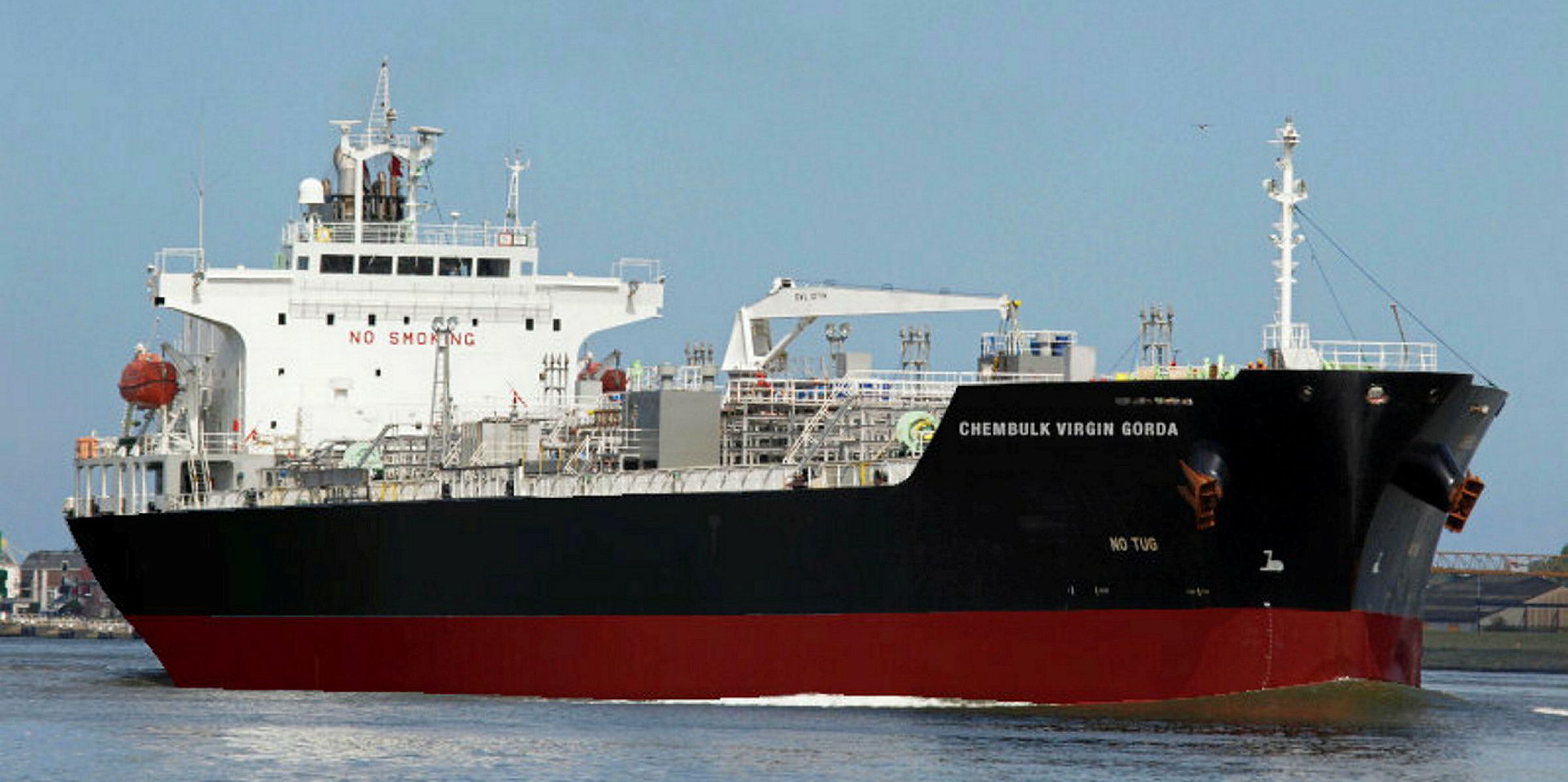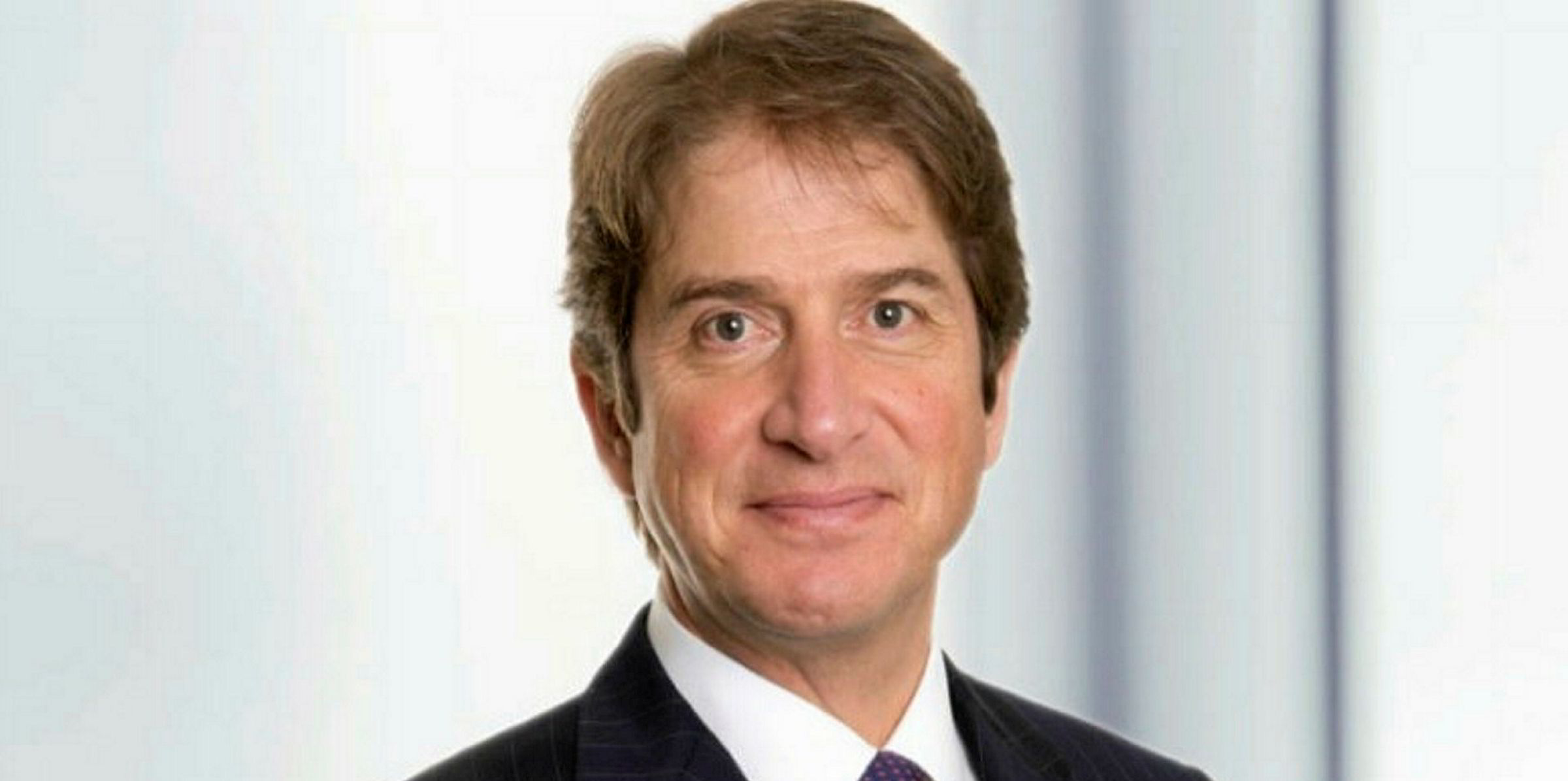Norwegian shipowner Stolt-Nielsen is plotting further consolidation in the chemical tanker arena after building up a cash buffer against the coronavirus effects.
But the Oslo-listed company is not just considering expansion in shipping, but also in its terminals and tank container businesses.
Asked about tanker growth on a conference call with analysts, chief executive Niels Stolt-Nielsen said that he sees room for consolidation and many ways to achieve it.
"And I think using our platform and using our balance sheet, hopefully, we will be able to pursue some such opportunities," he said.
"It doesn’t necessarily mean that we acquire, but we can maybe see if there’s a way of operating pool agreements. So we would like to."
This year has seen moves by Chembulk Tankers and Team Tankers to enter their chemical tanker fleets into pools as part of a wider restructuring of the sector, TradeWinds has reported.
Chembulk is shifting all its chemical carriers to pools managed by Womar Tanker Pools, while Team Tankers is placing its 27 tankers, including MRs, in Maersk Tankers’ pools.
Other chances to grow
Stolt-Nielsen said opportunities are arising in each of its divisions.
Turning to the terminals operation, the CEO said it is "seeing fantastic opportunities" to expand.
"I don’t think those opportunities will run away, but there are opportunities there for further expansion in the terminal business," he added.
The company has grown in the tank container sector by buying or building its storage capacity, but has also expanded by taking over competitors.
"So, if there are competitors or other platforms out there that are suffering, we would like to see and pursue those opportunities," the CEO said.
The Stolt-Nielsen company has prepared the ground for growth with cost-cutting and liquidity raising measures which has given it available cash of $465m.
"In these times, there will always be opportunities that are raised and I hope to be able to take advantage of that," Niels Stolt-Nielsen added.
Tanker conditions move in its favour
The boss also addressed its tanker performance this year.
"I would like to remind you that [in] the first quarter, we had a poor performance in tankers, not very much driven by Covid-19, but because of the repositioning of ships and the delays in dry-docking due to ballast water treatment installation and also scrubber installation," he said.
"So we had a little over 300 less operating days in the first quarter compared to the second quarter."
During an improved second quarter, it has enjoyed more operating days due to a lack of dry-docking delays.
Tanker Ebitda went up from $49.5m to $65m in the second three-month period.
"We have had a challenging shipping market for a long time. And finally, the orderbook started to come down and the balance between supply and demand came into our favour and then this damn pandemic came along," Niels Stolt-Nielsen said.
"But still, under these challenging circumstances, we are able to get increases in our COAs, which I think is a reflection of this supply and demand being in our favour; definitely so going forward."
And he added that there is a strong chemical tanker market going forward, assuming a V-shaped recovery.
The boss warned, however, that it is impossible to predict the market with any certainty.
Swing tonnage proves a concern
Its May revenue was the highest it had seen since November 2017, with all trades boosted by the strong clean product sector of the MR tanker market, and also the lower bunker price.
"The Indian market was strong, but we saw...weaker shipment demand in the Atlantic...and also in South America," the CEO said.
The MR market has now fallen from $73,000 per day earlier in the year to "around $10,000, maybe even lower", he added.
"What I can say is that nominations continue to be healthy," he said.
However, he said Stolt-Nielsen has seen more "swing tonnage" coming back into the sector as the MR product tanker market weakens.
July is looking good, he said, but admitted to worries about what will happen in August and after that.
"The European fleet is the one that is suffering the most — extremely lower activity. We haven’t seen it that slow. Fortunately, we have a relatively small fleet there, so the financial impact is not that big," Niels Stolt-Nielsen said.






